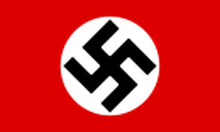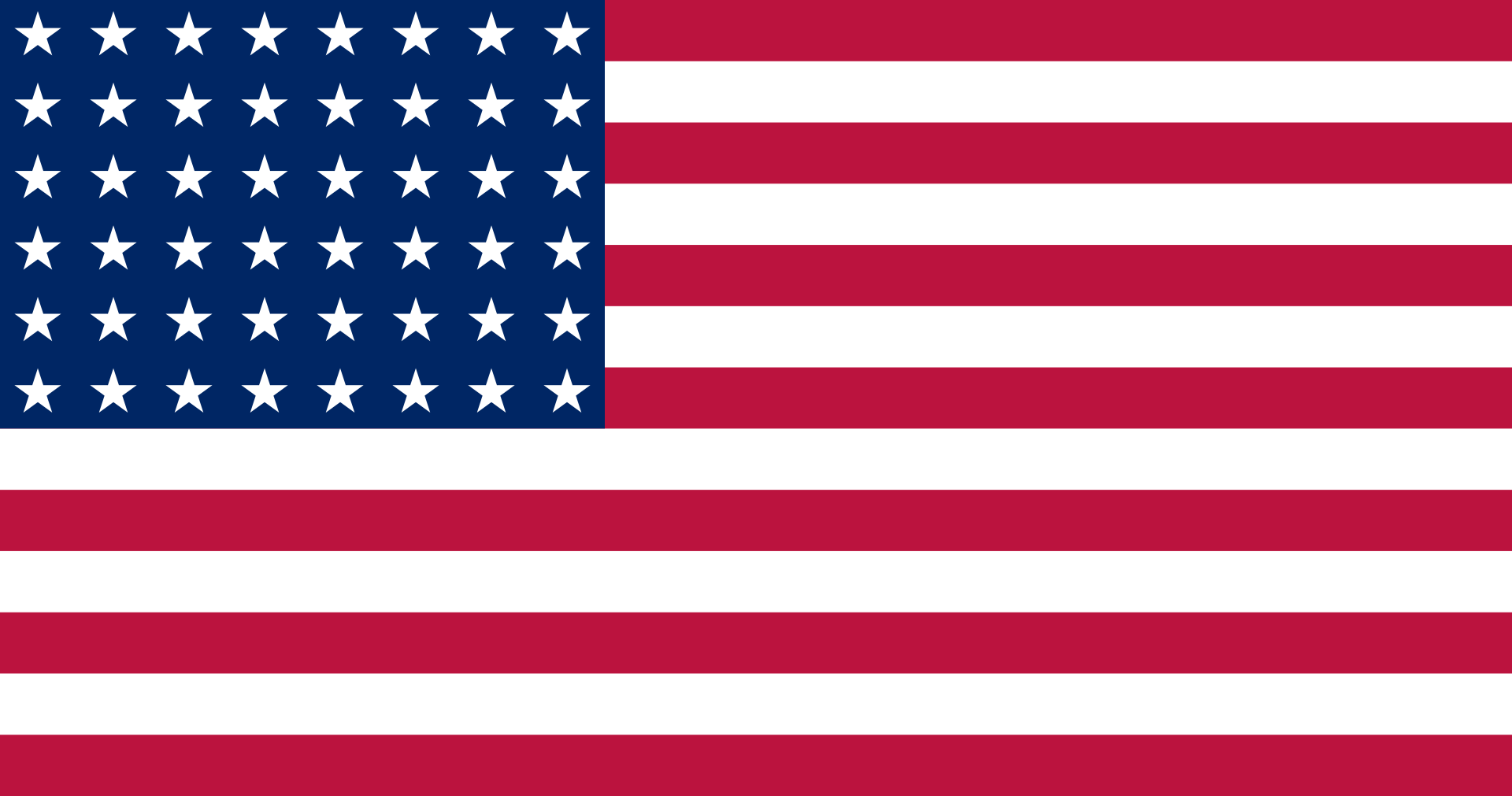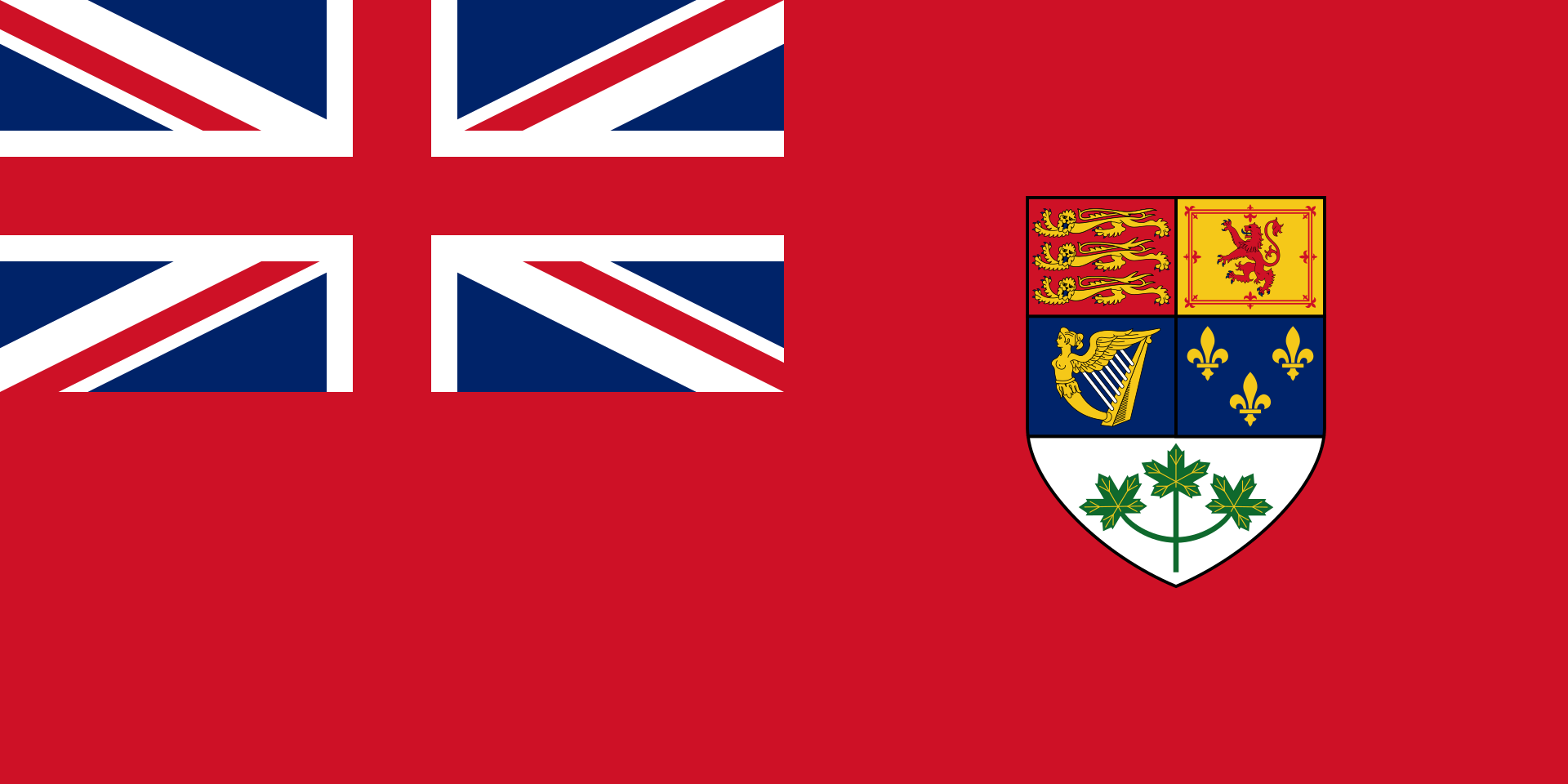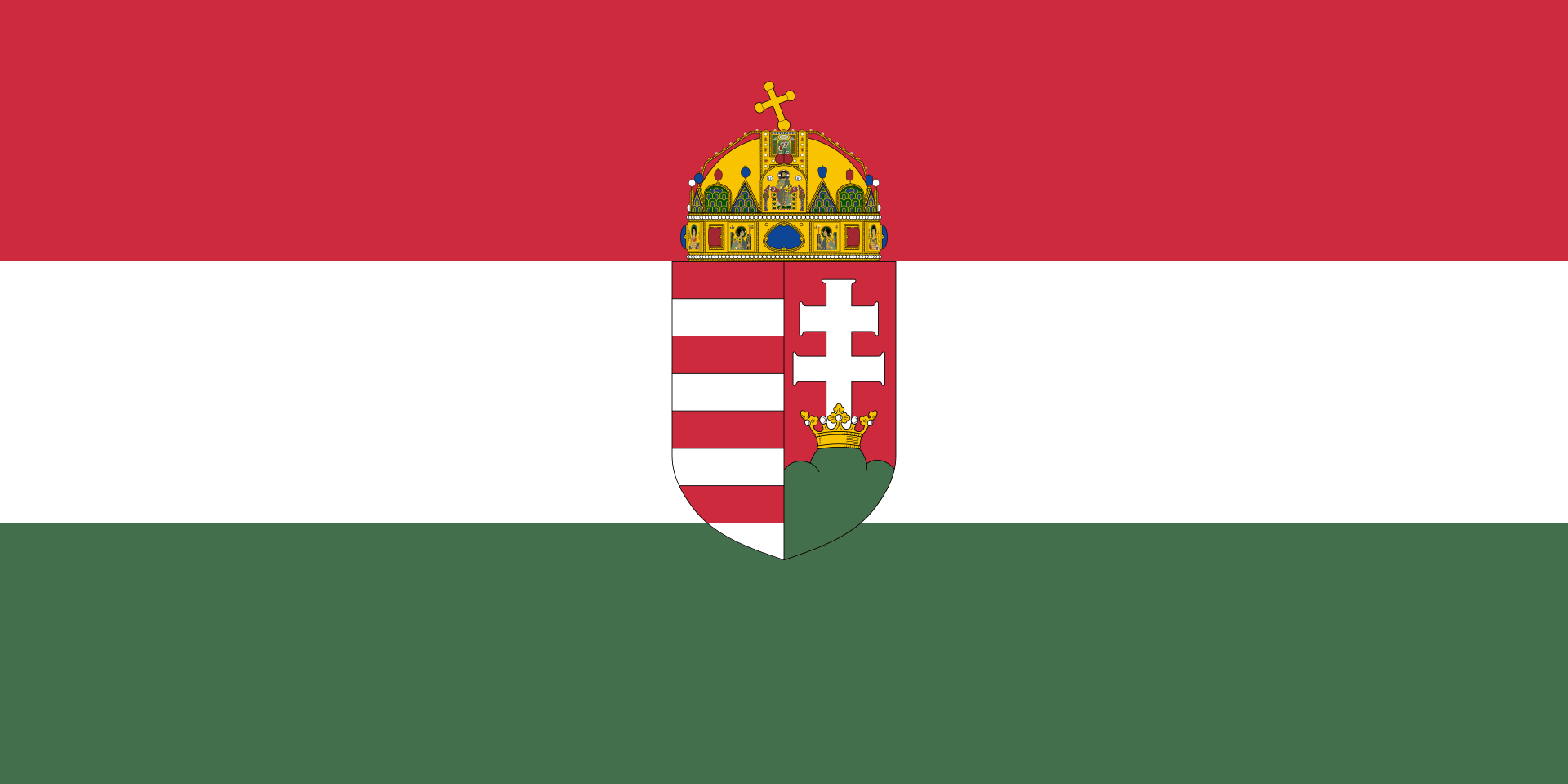
4. Olympic Winter Games
Olympic Medals in the games of 1936 in Garmisch-Partenkirchen
51 Medals in 8 Sports in 17 Events
When you hear the term “Nazi games”, you usually think of the 1936 Games in Berlin. It's easy to forget that the Winter Games were already taking place under the National Socialist regime a few months earlier, from February 6th to 16th. The games had already been awarded to Berlin in 1931, since the German capital was already planned as a venue in 1916. At that time it was common for the organizer of the summer games to have the right to the winter games in the same year. In 1933 Reich President Paul von Hindenburg took over the patronage of the organizing committee. After Hindenburg's death in November 1934, the new Chancellor Adolf Hitler took over and placed it under the Ministry of Propaganda and the Interior. The IOC asked Adolf Hitler not to give any propaganda speech and only to speak the opening words given by the IOC. He stuck to it. At the opening ceremony on February 6, the teams from France and Great Britain offered the German greeting. Cheers roared. 28 teams with 646 athletes moved in, more spectators came to the opening ceremony alone than to the entire 1932 games in Lake Placid.
Logistically and in terms of sports facilities, these winter games were better than all the others before. However, that could not hide the fact that the Nazi regime misused the Winter Games for its own propaganda. All over Germany there were posters before the games with the words "Jews unwanted", during the games they were removed in Garmisch-Partenkirchen. In order to get the masses of snow under control and for many other activities, soldiers were deployed. Therefore, uniforms were everywhere, which left the guests of the games with a rather depressing impression. Hitler learned from it and avoided the military impression at the summer games in Berlin, the Wehrmacht, SS and SA uniforms stayed at home.
Alpine skiing competitions were held for the first time, but only in the combination of downhill and slalom. However, since the IOC denied all ski instructors amateur status, Austria and Switzerland did not send their best skiers at all.
The ice hockey tournament brought a surprise Olympic champion with the British victory. Canada's team and the US team had been rated much more strongly. It later turned out that players who emigrated from Great Britain to Canada played mainly in the United Kingdom team.
A total of over 540,000 guests attended the games, which remained a record number of spectators until the 1964 Winter Games in Innsbruck. In fact, the Garmisch-Partenkirchen winter games were the dress rehearsal for the summer games in Berlin. Lessons were learned in order to improve the public image of the Nazi regime, the organization and the side events.









